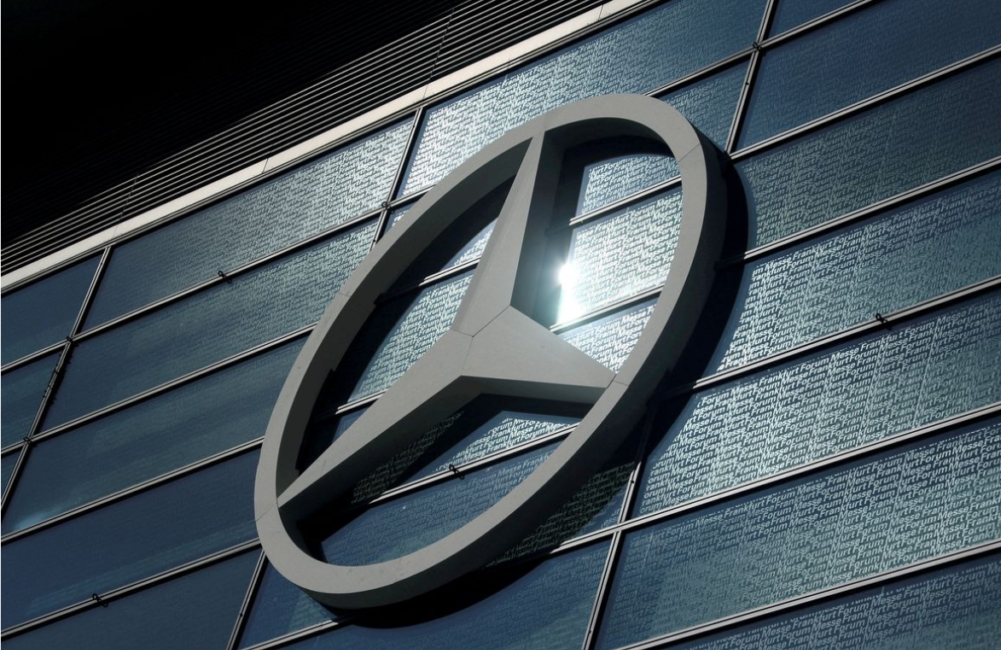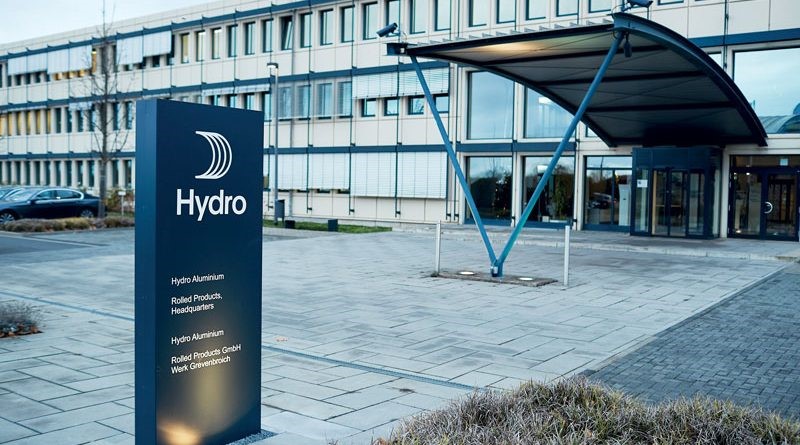

Mercedes-Benz recently shared the outcomes of their low-carbon technology roadmap, which was developed in partnership with aluminium producer Hydro. They successfully tested a low-carbon aluminium that contains at least 25% post-consumer scrap and is now incorporating this more sustainable material into their structural cast components for production this year. The tested aluminium has a carbon footprint of only 2.8 kg CO2 per kg of aluminium.

Markus Schäfer, Member of the Board of Management of Mercedes-Benz Group AG. Chief Technology Officer, Development & Procurement, notified: "On our path to achieving a net carbon neutral vehicle fleet along the entire value chain by 2039, we are reaching the next milestone: Together with our strategic partner Hydro we are bringing low carbon aluminium into our series models as early as this summer. Thereby we are reducing the CO2 footprint of aluminium by as much as 70 per cent compared with the European average. Among the first models to be equipped with the more sustainable material will be our EQS as well as the EQE."
Hydro is currently supplying Mercedes-Benz with environmentally friendly aluminium made through renewable-powered electrolysis. As their next goal, Hydro plans to provide even more CO2-reduced aluminium to the foundry at Mercedes-Benz's plant in Untertürkheim. This new material makes up 60% of the total aluminium used in this alloy type in the Mettingen foundry, and it includes at least 25% post-consumer scrap.

This material is then used to create complex structural components for the body-in-white applications, including safety components like the shock towers for EQS, EQE, S-Class, E-Class, GLC, and C-Class models. The upcoming EQE will also feature low CO2 aluminium for its longitudinal members. Not only that, but Mercedes-Benz also plans to use this material for other parts, such as the support frame for the electric powertrain of their upcoming vehicle platform, MMA (Mercedes Modular Architecture).
Mercedes-Benz and Hydro have partnered up to reduce carbon emissions in the aluminium supply chains. They have integrated the material into large-scale series production, which is a significant milestone in their collaboration. They have also agreed on a technology roadmap to achieve their goal of decreasing the carbon footprint of aluminium to a minimum. Mercedes-Benz aims to integrate aluminium with a 90% lower carbon footprint than the European average into their vehicles by 2030 as part of their Ambition 2039. To achieve this, they will use CO2-optimised aluminium oxide and reduce CO2 emissions resulting from the electrolysis process by using green electricity and innovative technologies.
Mercedes-Benz is dedicated to using more recycled materials in their cars. They plan to have an average of 40% secondary raw materials in their passenger car fleet within the next ten years. Additionally, they are committed to responsibly sourcing aluminium and will use materials certified by the Aluminium Stewardship Initiative.
Mercedes-Benz is working with Hydro to ensure transparency and inclusivity in its processes and to prioritize the rights of affected communities, including mining communities and indigenous peoples. This is crucial for effective human rights due diligence and certification schemes.
Responses








